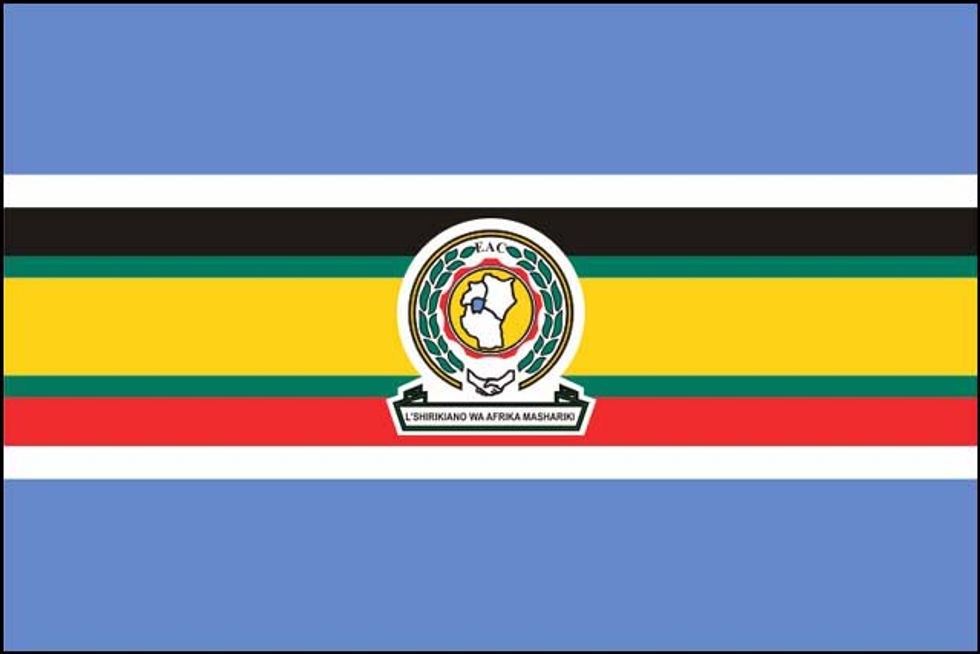Kiswahili to Become an Official Language of the East African Community
The widely spoken East African language has also been adopted in schools this academic year.

Kiswahili—the lingua franca of 100 million people in Kenya, Tanzania and many parts of Southeast Africa—will be made the official language of the East African community.
The East African Legislative Assembly (EALA) has passed a resolution to make Swahili the second official language, which means it’ll be integrated into all meetings, correspondences and discussions happening in the region, CCTV Africa reports. The first language of the Swahili people has also been adopted in schools this academic year with the expectation that it can encourage educational breakthroughs and instill confidence in students. And it’s been an official language of the African Union since 2004.
Kiswahili (as it’s called by its speakers, “ki” denoting language in Bantu) is deeply rooted in everyday conversations in Tanzania and Kenya, and is more practical than English in countries like Burundi that prefers French. The traditional language of Indian Ocean trade has many Arab and Persian influences. It’s also the second official language of Oman on the Arabian peninsula.
So why is the EALA changing up all of a sudden?
Renewed interest in Kiswahili makes it attractive for unifying the East African region. Apparently, legislators who presented the motion, argue it proved invaluable when East African nations joined forces to overthrow colonial rule.
As Rwandan legislator Patricia Hajabakiga puts it, according to The Citizen, “Besides promoting unity among the EAC populace, Kiswahili is a critical medium of communication that will facilitate trade in the region.”
The assembly is soliciting the help of specific interest groups focused on youth, women and civil society to assist in fast-tracking the language’s adoption in East African countries like Uganda that does not speak it currently.

